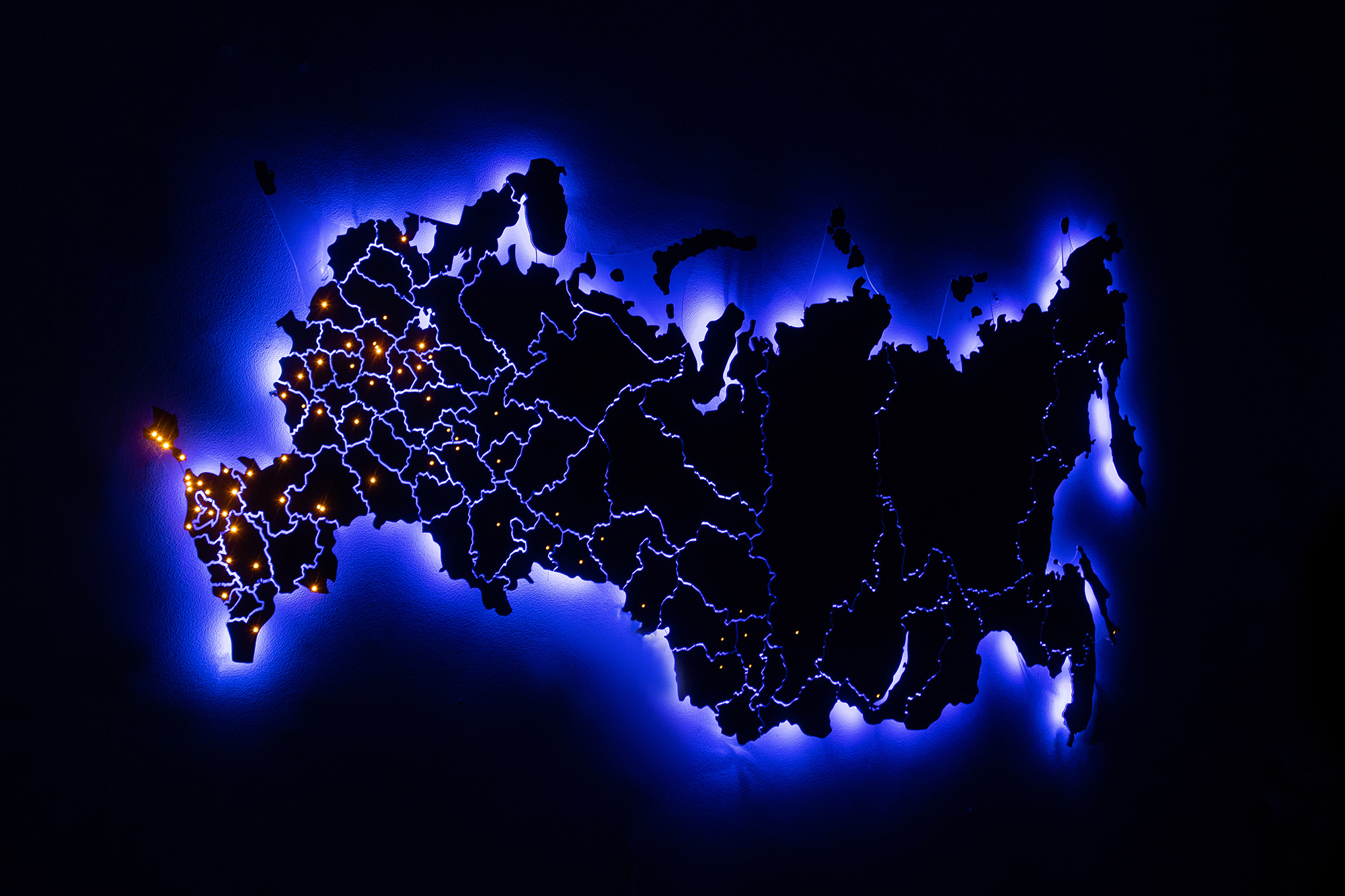ASIAN TURN IN RUSSIAN FOREIGN POLITICS: ACHIEVEMENTS, PROBLEMS AND PROSPECTS.
Anatoly Torkunov, Dmitry Streltsov, Ekaterina Koldunova. Aspect Press. 2023.
ISBN: 978-5-7567-1171-4 (published in Russian)
There is a stereotype that the Russian Pivot to the East followed the Pivot from the West in 2023. However, in the monograph by Acad. Anatoly Torkunov, Dr. Dmitry Streltsov and Dr. Ekaterina Koldunova this stereotype is being defied with each new chapter. The book analyzes the stages of building relations between Russia and Asian states since the early 2000s – in particular, with India, China, the DPRK and South Korea, ASEAN countries, Japan, and Türkiye. The monograph will be of a particular interest to both orientalist researchers and international relations specialists in general.
While the first chapter outlines the contours and the context of the whole narrative, giving us information about the changing economic and political balance of power in the world, in the second chapter the authors proceed to analyze specific cases of the development of Russia’s relations with Asian countries, namely with China. The researchers see one of the main reasons for the Pivot to the East as the strengthening of China’s in economic and political role and the creation of new global institutions under the informal leadership of the Celestial Empire – the Belt and Road Initiative (BRI) and the Shanghai Cooperation Organization (SCO), as well as China’s active participation in other global organizations, groups, and forums, for example, BRICS.
The third chapter is devoted to the relationship between Russia and Japan, with the main focus on how to resolve the territorial disputes that have plagued the two countries’ relations for decades. The authors emphasize the importance of dialogue between the countries, both in the security and economic spheres. Of course, Japan, according to the authors, has always been of particular interest to Russia, primarily as one of the economic engines of Asia. In the fourth chapter the authors take a close look at Russia’s relations with the two main players in the Asian regional security system – the Republic of Korea and the DPRK. The most pressing problems of the relationship are examined, from trade to regional stability and the nuclear issue.
In the fifth chapter the authors pay close attention to the cooperation between Russia and ASEAN countries – first of all, in economic terms. This part of the monograph presents a large-scale study of economic indicators of Russia’s cooperation with ASEAN countries from 2000 to 2019. The sixth chapter focuses on Russia’s relations with its main ally in South Asia, India, namely on the problems of strategic and economic partnership. The authors criticize the fact that Russian elites tend to underestimate the importance of India, while it is India that can be of particular interest to us in the Asian region.
So, the monograph about Russia’s Asian Turn is a deep and comprehensive study of Russia’s relations with Asian states in the 21st century, which makes it one of the main novelties in the field of Orientalism in 2022.
E16/MIN – 24/04/15



